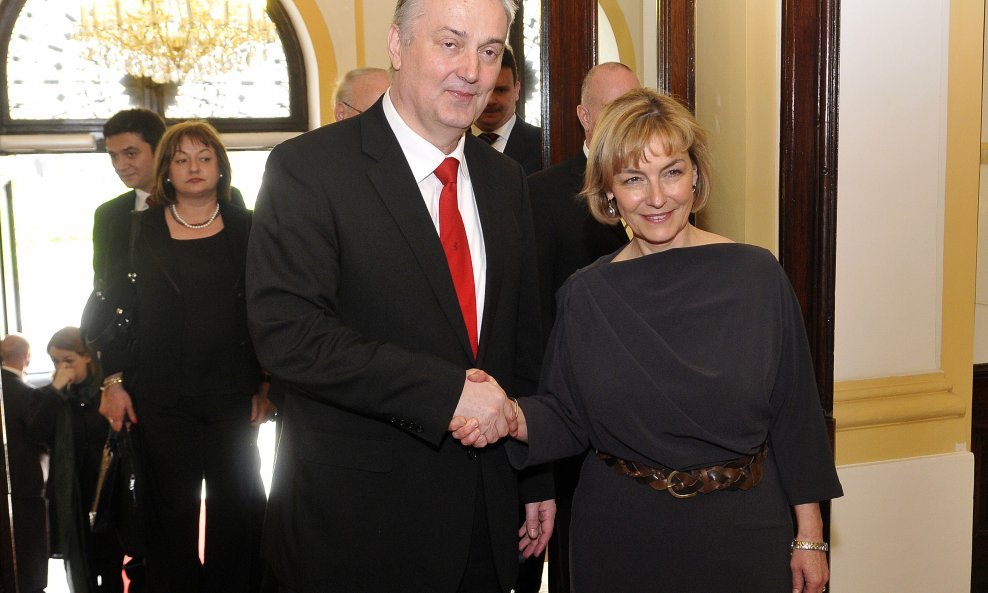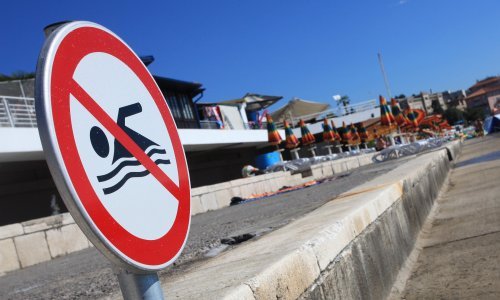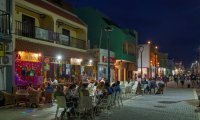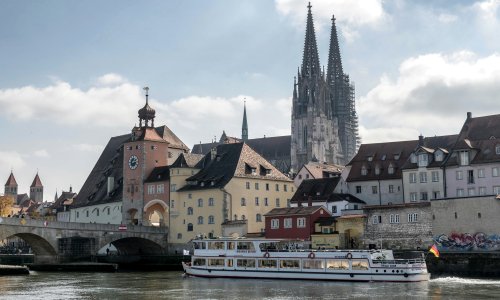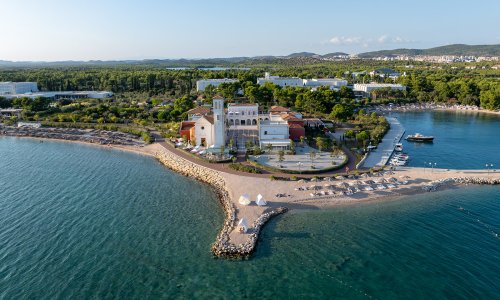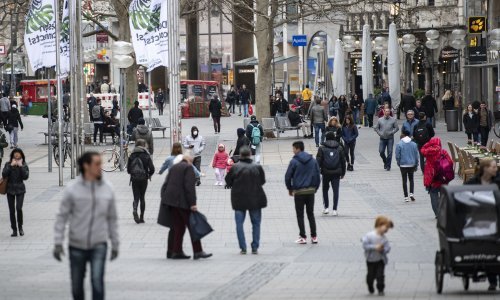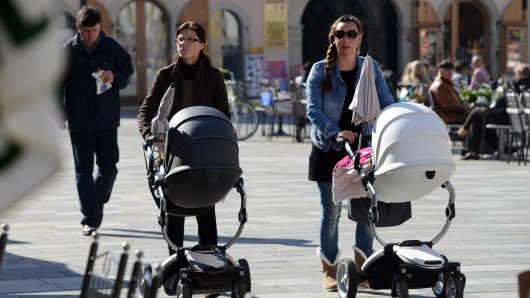Bosnia and Herzegovina's Foreign Minister Zlatko Lagumdzija said on Monday that the terms for the use of the Croatian seaport of Ploce by Bosnia and Herzegovina after Croatia's European Union entry on 1 July had been precisely defined at a trilateral meeting he held with EU Commissioner Stefan Fuele and his Croatian counterpart Vesna Pusic in Brussels on Friday.
Lagumdzija told a news conference in Sarajevo that the Brussels meeting also removed any doubts about the regime of the goods transport from Bosnia and Herzegovina to its only coastal town of Neum after Croatia's admission to the EU.
The Bosnian minister expressed satisfaction with agreement reached at the 15 February meeting regarding the use of the port of Ploce for the export and import of industrial goods from and to Bosnia and Herzegovina under the same conditions as before. There will be certain restrictions for the products of the herbal and animal origin.
Upon their trilateral meeting Enlargement Commissioner Fuele issued a press release in which he expressed satisfaction with the progress and "the constructive spirit" at the meeting.
According to that press release "the Commission proposes a special transit regime for exports from Bosnia and Herzegovina through the Croatian Port of Ploce. Thanks to this special regime, vast majority of export and import of agricultural products of animal origin will continue as before entry of Croatia to the EU. This regime will be applicable from 1 July 2013 until Bosnia and Herzegovina itself meets the EU standards. The list as it will stand on 1 July can be further amended on a case by case basis, based on Bosnia and Herzegovina's evolving trade needs."
Lagumdzija said that also agreed were the models for providing the population of Neum with supplies, given that this Bosnian municipality, which cuts Croatia into two non-contiguous parts. depends on road corridors.
Lagudzija is hopeful that upon Croatia's EU entry, Bosnian citizens will be able to enter Croatia with only identity cards, but it depends on consent from all EU member states.
"As for the continuation of the current regime of the use of ID cards when citizens of Bosnia and Herzegovina travel to and from Croatia, the Commission took note of the readiness of Croatia to follow up to the request of Bosnia and Herzegovina to maintain it. The final decision rests upon the Member States," according to Fuele's press release.



